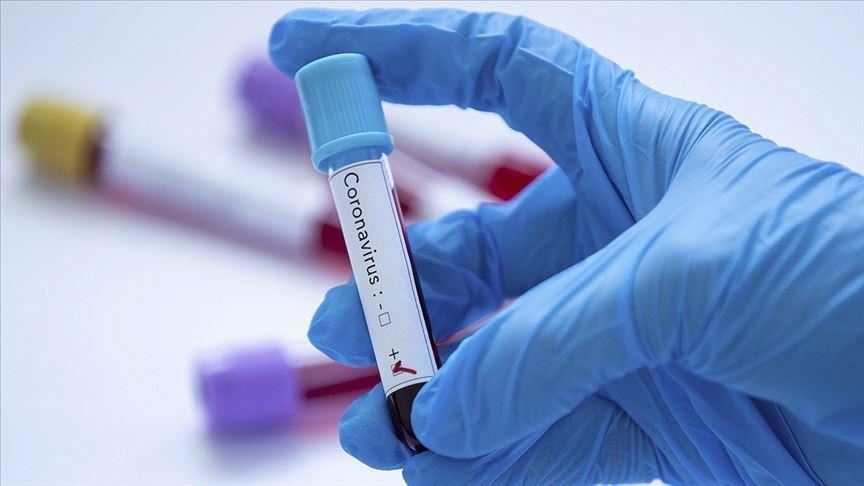Are you immune from covid-19if you’ve already been infected?
Infections like measles and smallpox you only have once. This is not true for others such as influenza and tetanus.
At the moment, research suggests at least a some people who have had covid -19 will be protected from another infection – maybe for a while but the there is no certainty. Here’s what we know so far.
About Antibodies
When we encounter an infection for the first time, within hours our body quickly activates our innate immune system.
This happens while the body produces a more targeted but slower response against the infection, via the adaptive immune system.
The adaptive immune system produces antibodies to fight the infection. These are measured in the blood when testing for SARS-CoV-2, the virus that causes covid -19.
The body produces different types of antibodies but only some can stop the virus entering cells. These are called “neutralising antibodies”.
According to the World Health Organisation, people who recover from covid -19 develop antibodies in their blood. But some people appear to have low levels of neutralising antibodies.
But a positive antibody blood test to covid-19doesn’t confirm if someone is immune to covid -19 or not. It only tells us if a person has ever been exposed to covid-19– and even that depends on how sensitive and specific the antibody test is.
Why do some people test positive again?
There are reports of people recovered from covid-19then testing positive again.
However, a study from China found those who retested positive didn’t get any sicker. This implied that they were at the end of their original illness, rather than getting reinfection.
The nasal and throat swab test can’t say whether the virus is alive or not; therefore, they could have just been shedding dead virus. This might be why their close contacts didn’t become sick or test positive.
Do other coronaviruses generate immunity?
Four other types of human coronaviruses (HCoVs) – 229E, NL63, OC43 and HKU1 – cause about 15-30% of the common colds worldwide. Two of these – OC43 and HKU1 – are a subgroup of coronaviruses known as betacoronaviruses, as are SARS-CoV, MERS and SARS-CoV-2.
A study from 1990 found infection with human coronavirus 229E generated protective immunity from that particular virus. But one year later, as antibody levels declined, these people could be reinfected. The researchers hypothesised a cyclic pattern of infection, with people getting coronavirus infections every two to three years.
As time goes on, the issue of iammunity to covid -19 will be resolved. But not now as scientists are still looking for the answer.

